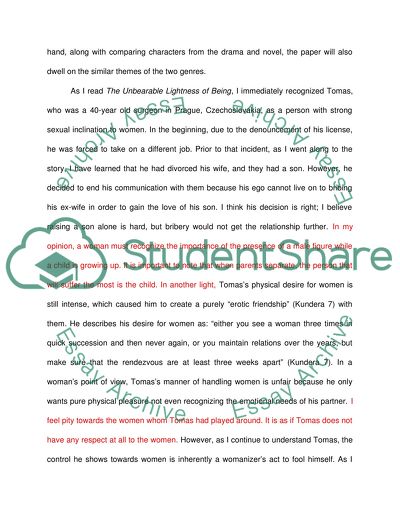Cite this document
(“Comparison and contrast Essay Example | Topics and Well Written Essays - 2250 words”, n.d.)
Retrieved from https://studentshare.org/literature/1462276-comparison-and-contrast
Retrieved from https://studentshare.org/literature/1462276-comparison-and-contrast
(Comparison and Contrast Essay Example | Topics and Well Written Essays - 2250 Words)
https://studentshare.org/literature/1462276-comparison-and-contrast.
https://studentshare.org/literature/1462276-comparison-and-contrast.
“Comparison and Contrast Essay Example | Topics and Well Written Essays - 2250 Words”, n.d. https://studentshare.org/literature/1462276-comparison-and-contrast.


